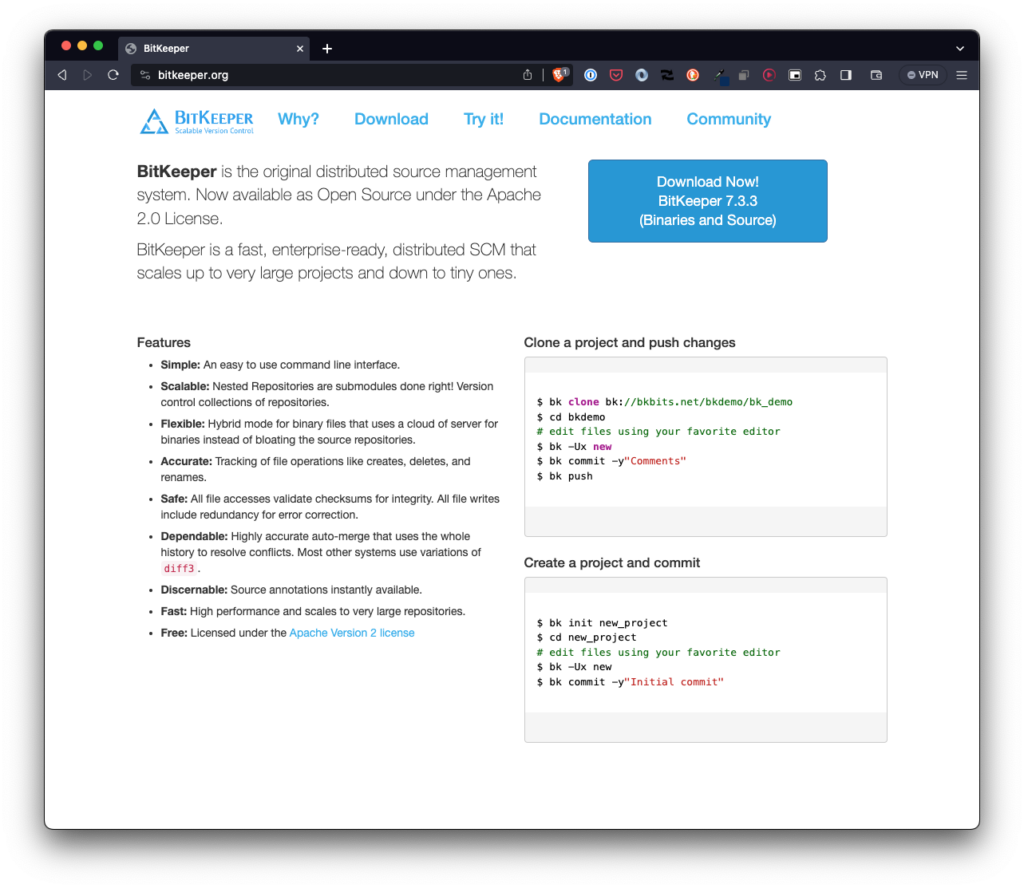TL;DR: If you’re looking at a career in software development, it’s imperative to know that meetings are inevitable. However, the frequency and quality of said meetings vary.
Don’t let the opportunity to ask potential employers – or current employees – what meetings are like pass you by whenever you’re interviewing.
Further, if you’re in a place that you feel has too many meetings or something about them could change, don’t be afraid to bring this up when the time is right.
In the original article, the author writes:
There are recurring meetings scheduled on a daily or weekly basis. Most of these are not productive. The majority of them are forced by a person who is organizing them because that’s the only “work” that that person is doing.
Meetings Are Inevitable
The short answer is yes, this is true. But it’s only true in some cases; it’s not the law of companies that hire software developers. Instead, it’s based on a number of factors (some of which do include people finding their measure of productivity based on how many meetings they can schedule – but I digress).
Speaking of those few factors, these are the ones I’d like. Some of them are related, some aren’t:
- the size of the organization,
- the size of the team,
- the manager of the team,
- how the project is managed,
- and so on.
If you’ve worked in software for some amount of time, you’ve likely experienced this and/or you have your own item to add to this list.
A Word About Project Managers
One caveat I want to mention is in all of the years of working in software development, one of the things that I’ve seen – especially in a consulting or an agency-type of setting – is that a certain breed of software developers don’t enjoy having a project manager.
Assuming the project manager is worth the weight of their role and title, I’ve found having them to be liberating. It frees me, as the engineer, up from having to thing about certain things related to external factors and let’s me focus on exactly what I want to do: Write code to ship features, fix bugs, and build software.

Do not dismiss project managers. Instead, embrace them as the gatekeepers of sorts of the backlog of features and trust them to know what works best for the business. They are the liaisons between those who write code and those who will be using, or selling, the product. It lets us focus as much as possible on what you do well.
Current Status
If you don’t read anything else in this article, know that meetings do not have to take up the majority of your time when working in software development.
Currently, I work for a fully remote organization with several hundred employees. My team consists of, at the time of this writing, about seven people, and we have one standing meeting per week.

We use almost never use email (and if you’re interested in moving in this direction, I highly recommend reading A World Without Email), primarily use Asana for project and task management, and have daily stand-ups through a morning report in Slack.
Though this works really well for me, it may not work for you; however, I do find that less email and fewer meetings helps to foster a greater sense of focus.
Other Factors
It’d belabor the point to break down all of the various different reasons as to how the size of an organization, the size of a team, or how management can influence the number of meetings.
Suffice it to say that I’ve worked for large organizations, medium organizations, and small organizations and each of them had their respective way of conducting meetings. I do think that, especially in the world of enterprise software development, there are a lot of meetings.
Ultimately, I’d say that if you’re currently looking at a career in this field and you’re thinking it’s primarily going to be sitting at a desk writing code, that’s misguided (and unfortunately so).

Further, it’s a disservice many places that provide an education in software development often lack a component for what to expect when you’re actually pursuing a career in the field.
So what’s a person to do? If you have the opportunity to participate in an internship, a co-op, shadow someone in the field, pursue an apprenticeship in the field, or even just interview a number of people in the industry, I’d recommend doing any of the above.
Anything that will get you as close to the field as possible before jumping into it will be beneficial.
Ultimately What, Then?
I’m in no position to say how a business should be run nor do I have the hubris to prescribe how a team or an organization should conduct itself. I’ve shared my past and current experience and shared what I’d recommend some things to try if you’re interested in the field.
Meetings are inevitable; the number of how many you’re in isn’t necessarily so. Do what you can to find what works best for you, reasonably set your experiences, and then move forward.







